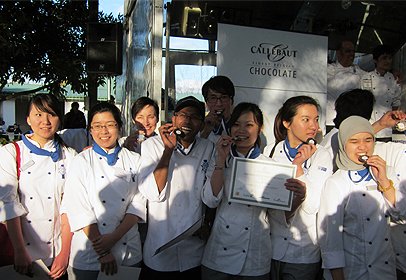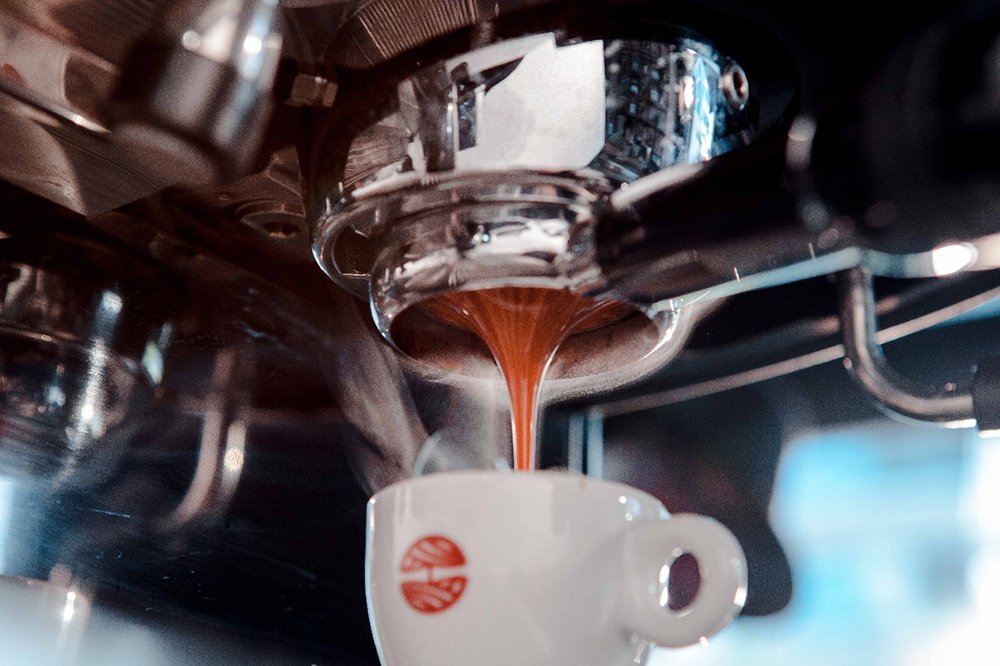In the gastronomy area, the professional specialized in high-quality coffee is called barista, who knows all the details of this grain, from the production to the extraction, besides being an expert in the creation of recipes considering quality, flavor, and presentation when serving it. To become a coffee specialist, you should keep in mind that it´s necessary to study really hard and enjoy offering the best taste with this drink.
"Being a barista requires the passion for what you do and pleasure in offering the best experience to people. A barista should always invest in professional training and technical knowledge. You must understand the importance of your role in valuing all the work of the people involved in the production of each coffee bean from the origin. There is a lot of history behind each cup of coffee", says barista Rodrigo Bueno of Orfeu Cafés Especiais.
The profession is one of the most promising in Brazil and has been growing in recent years. According to Amanda Capucho, CEO of Orfeu Cafés Especiais, the careful and handcrafted work for the extraction of a perfect coffee has been increasingly valued, since the consumers don't want to drink in the restaurant the same coffee they drink at home.
Being a barista requires the passion for what you do and pleasure in offering the best experience to people.
Among the requirements to be a great barista, the specialist says that the main ingredient is the passion for coffees. Each cup demands a lot of attention, dedication, and care at the time of preparation. Little details make the difference. Everything interferes in the final taste of the beverage, from the freshness of the grain, grinding, temperature, and pressure right up to the choice of the cup when serving. Experimenting is also a crucial task for the barista to know if the temperature and taste are correct.
"It is very important that the barista is constantly studying, taking courses and connecting to the coffee market. Another interesting tip is that the professional can taste coffees and identify the notes and aromas of each variety, origin and blend of the coffee. In doing that, the barista can go beyond extracting the perfect espresso, can understand the notes, propose harmonizations, and create drinks that offer a fantastic experience to their customers", says Amanda.

